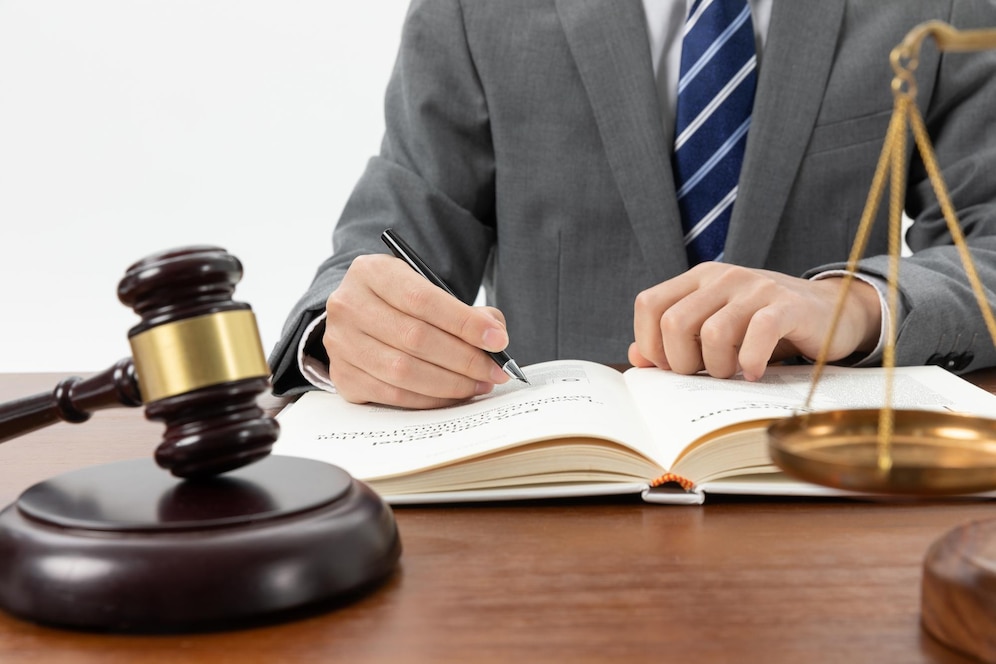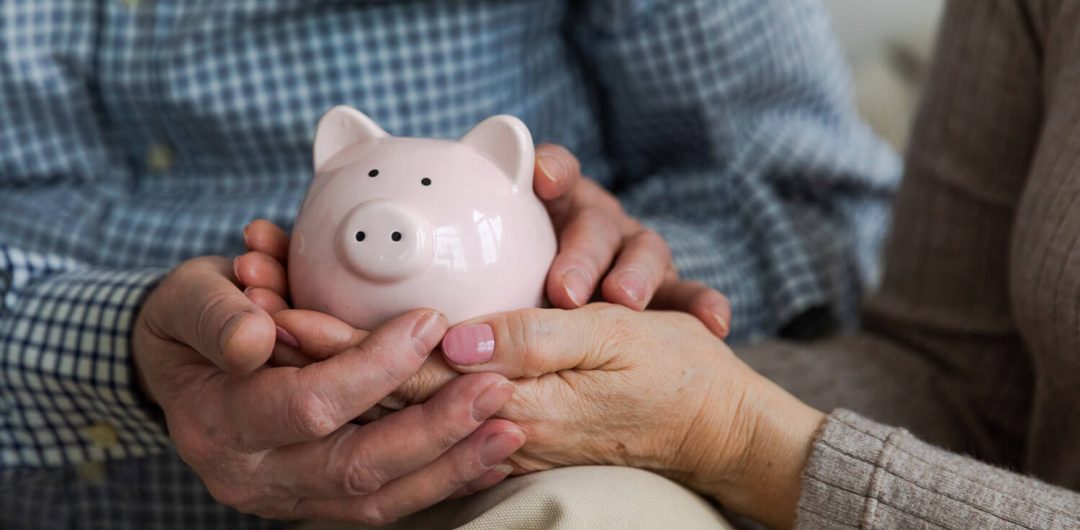The criminal justice system can be complex and overwhelming, especially if you’re facing criminal charges. When your freedom and future are at stake, you need an experienced criminal lawyer to navigate the legal system on your behalf. Criminal lawyers are trained professionals who work to protect your rights, ensure that you receive a fair trial, and minimize the consequences of criminal charges.
In this article, we’ll explore how criminal lawyers navigate the legal system to protect your rights from arrest to acquittal.
Understanding the Criminal Justice System:
The criminal justice system is a complex web of laws, regulations, and procedures that govern how criminal cases are handled. Understanding the system is essential for anyone facing criminal charges.
A criminal case typically starts with an arrest. Law enforcement officers investigate the case and gather evidence, which they present to the prosecutor. The prosecutor then decides whether to file charges.
If charges are filed, the case moves forward to the trial phase. The trial phase can be a lengthy and complex process, with both the prosecution and defense presenting evidence and arguments to a judge or jury.
The Role of a Criminal Lawyer:
A criminal lawyer is a legal professional who specializes in defending individuals and organizations charged with criminal offenses. They play a critical role in protecting the rights of the accused and ensuring that they receive a fair trial.
Criminal lawyers have a range of responsibilities, including:
- Providing legal advice and guidance to clients
- Investigating the case and gathering evidence
- Building a defense strategy
- Negotiating plea deals
- Representing clients in court
- Preparing for trial
- Fighting for their clients’ rights
Building a Strong Defense Strategy:
One of the key roles of a criminal lawyer is to build a strong defense strategy. This involves analyzing the evidence against the accused, identifying weaknesses in the prosecution’s case, and developing a plan to counter the prosecution’s arguments.
A defense strategy can involve a range of tactics, including:
- Challenging the admissibility of evidence
- Presenting evidence that supports the accused’s version of events
- Cross-examining prosecution witnesses
- Calling expert witnesses to testify
- Arguing that the prosecution has not met the burden of proof
Negotiating Plea Deals:
In some cases, a criminal lawyer may negotiate a plea deal on behalf of their client. A plea deal is an agreement between the prosecution and the defense that typically involves the accused pleading guilty to a lesser charge or receiving a reduced sentence in exchange for cooperating with the prosecution.
Plea deals can be beneficial for both the accused and the prosecution, as they can save time and resources and result in a more predictable outcome.
Representing You in Court:
If your case goes to trial, your criminal lawyer will represent you in court. They will present your defense strategy, cross-examine prosecution witnesses, and argue on your behalf.
Your lawyer will also work to protect your rights throughout the trial process, ensuring that the prosecution follows proper procedures and that you receive a fair trial.
Preparing for Trial:
Preparing for trial involves a significant amount of work, including:
- Reviewing evidence and witness statements
- Conducting legal research
- Preparing opening and closing statements
- Selecting a jury
- Creating exhibits and visual aids
Fighting for Your Rights:
In addition to building a strong defense strategy and representing you in court, a criminal lawyer will also fight for your rights throughout the legal process. This can include challenging any violations of your constitutional rights, such as illegal search and seizure or coerced confessions.
Your lawyer will also work to ensure that you receive fair treatment throughout the legal process. For example, they may argue for bail or negotiate for a reduced sentence if you are convicted.
FAQs:
Q: What should I do if I’m arrested?
A: If you’re arrested, it’s important to contact a criminal lawyer as soon as possible. Your lawyer can advise you of your rights and help you navigate the legal process.
Q: Can a criminal lawyer help me avoid jail time?
A: In some cases, a criminal lawyer can negotiate a plea deal or argue for a reduced sentence on your behalf. However, the outcome of your case will ultimately depend on the specific circumstances and the evidence against you.
Q: How do I choose a criminal lawyer?
A: When choosing a criminal lawyer, it’s important to look for someone with experience and a track record of success. You may also want to consider their communication skills, availability, and fees.
Conclusion:
From arrest to acquittal, criminal lawyers play a critical role in navigating the legal system to protect your rights. Whether they’re building a strong defense strategy, negotiating plea deals, or representing you in court, criminal lawyers work tirelessly to ensure that you receive a fair trial and minimize the consequences of criminal charges.
If you’re facing criminal charges, don’t hesitate to contact a criminal lawyer. They can provide you with the guidance and support you need to navigate the legal system and protect your rights.




